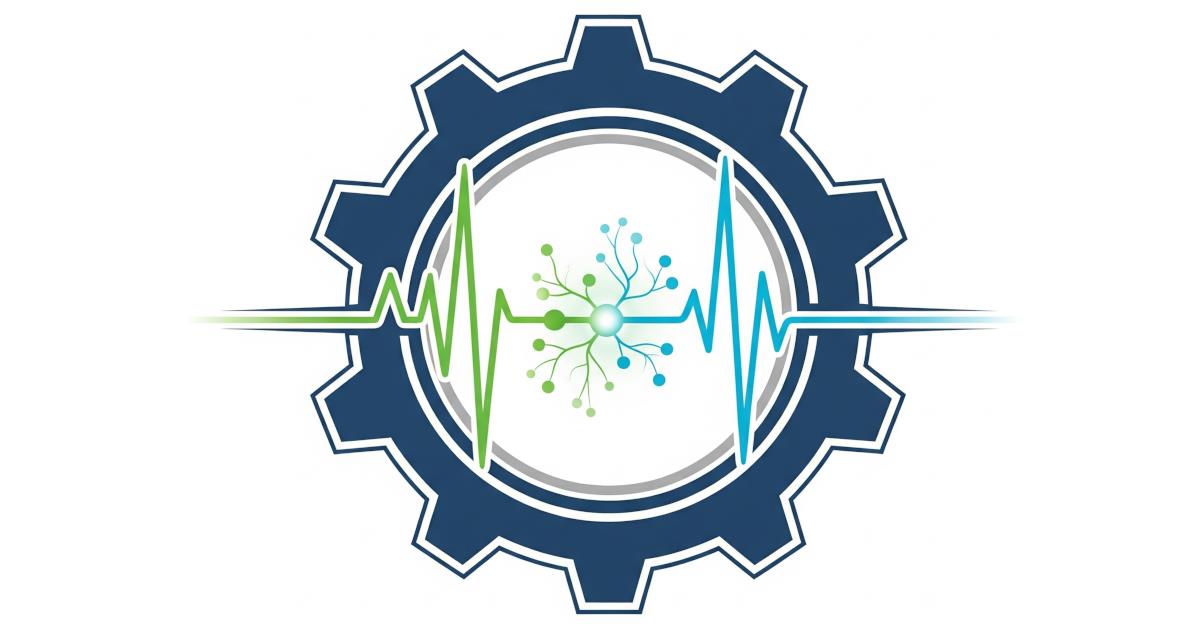AI-Based Machinery Health Monitoring
A special issue of Applied Sciences (ISSN 2076-3417). This special issue belongs to the section "Mechanical Engineering".
Deadline for manuscript submissions: 20 September 2026 | Viewed by 17349

Special Issue Editors
Interests: distributed systems; cybersecurity; machine learning; artificial intelligence
Interests: computational intelligence; intelligent control; computational learning; machine learning; fuzzy systems; neural networks; optimization; modeling; simulation; estimation; prediction; control; big data; robotics; mobile robotics and intelligent vehicles; robot manipulators control; sensing; soft sensors; automation; industrial systems; embedded systems; real-time systems; general architectures and systems for controlling robot manipulators; mobile robots
Special Issues, Collections and Topics in MDPI journals
Special Issue Information
Dear Colleagues,
Advances in artificial intelligence are driving a paradigm shift in machinery health monitoring, enabling proactive maintenance and increased operational efficiency across diverse industries. By harnessing real-time sensor data, machine learning techniques, and cutting-edge technologies such as digital twins, AI-based monitoring systems can detect early signs of degradation, accurately diagnose faults, and predict failures before they lead to costly downtime. This holistic approach—combining intelligent data analytics at the cloud and edge, sophisticated anomaly detection methods, and new forms of human–machine collaboration—represents a transformative leap from traditional time-based maintenance toward truly predictive and prescriptive strategies.
This Special Issue seeks original research articles, case studies, and review papers covering the latest advancements and future trends in AI-based machinery health monitoring. Potential topics include, but are not limited to:
- Machine learning, deep learning, and hybrid techniques for fault diagnosis and prognostics.
- Large Language Models (LLMs), agenting workflows and frameworks for anomaly detection, predictive maintenance, and intelligent fault diagnosis.
- Advanced sensing technologies, Internet of Things (IoT) integration, and edge/cloud architectures.
- Digital twin development for real-time monitoring and “what-if” simulations.
- Remaining useful life (RUL) estimation and performance optimization.
- Applications of augmented/virtual reality in maintenance tasks.
- Industry 4.0/5.0 concepts and sustainable, energy-efficient maintenance solutions.
Manuscripts must be original, high-quality contributions that have not been previously published or are not under consideration elsewhere. Extended versions of conference papers are welcome, provided they demonstrate significant new content and clear improvements over the original work.
We look forward to receiving your contributions.
Dr. Alexandru Stanciu
Dr. Rui Araújo
Guest Editors
Manuscript Submission Information
Manuscripts should be submitted online at www.mdpi.com by registering and logging in to this website. Once you are registered, click here to go to the submission form. Manuscripts can be submitted until the deadline. All submissions that pass pre-check are peer-reviewed. Accepted papers will be published continuously in the journal (as soon as accepted) and will be listed together on the special issue website. Research articles, review articles as well as short communications are invited. For planned papers, a title and short abstract (about 250 words) can be sent to the Editorial Office for assessment.
Submitted manuscripts should not have been published previously, nor be under consideration for publication elsewhere (except conference proceedings papers). All manuscripts are thoroughly refereed through a single-blind peer-review process. A guide for authors and other relevant information for submission of manuscripts is available on the Instructions for Authors page. Applied Sciences is an international peer-reviewed open access semimonthly journal published by MDPI.
Please visit the Instructions for Authors page before submitting a manuscript. The Article Processing Charge (APC) for publication in this open access journal is 2400 CHF (Swiss Francs). Submitted papers should be well formatted and use good English. Authors may use MDPI's English editing service prior to publication or during author revisions.
Keywords
- predictive maintenance
- fault diagnosis and prognostics
- advanced sensing and monitoring techniques
- digital twins
- remaining useful life prediction
- deep learning
- machine learning
Benefits of Publishing in a Special Issue
- Ease of navigation: Grouping papers by topic helps scholars navigate broad scope journals more efficiently.
- Greater discoverability: Special Issues support the reach and impact of scientific research. Articles in Special Issues are more discoverable and cited more frequently.
- Expansion of research network: Special Issues facilitate connections among authors, fostering scientific collaborations.
- External promotion: Articles in Special Issues are often promoted through the journal's social media, increasing their visibility.
- Reprint: MDPI Books provides the opportunity to republish successful Special Issues in book format, both online and in print.
Further information on MDPI's Special Issue policies can be found here.






